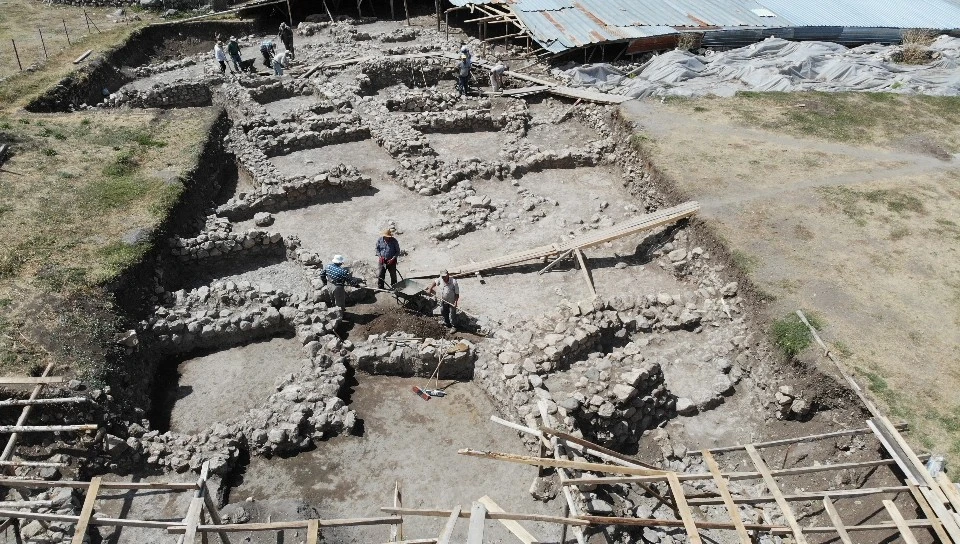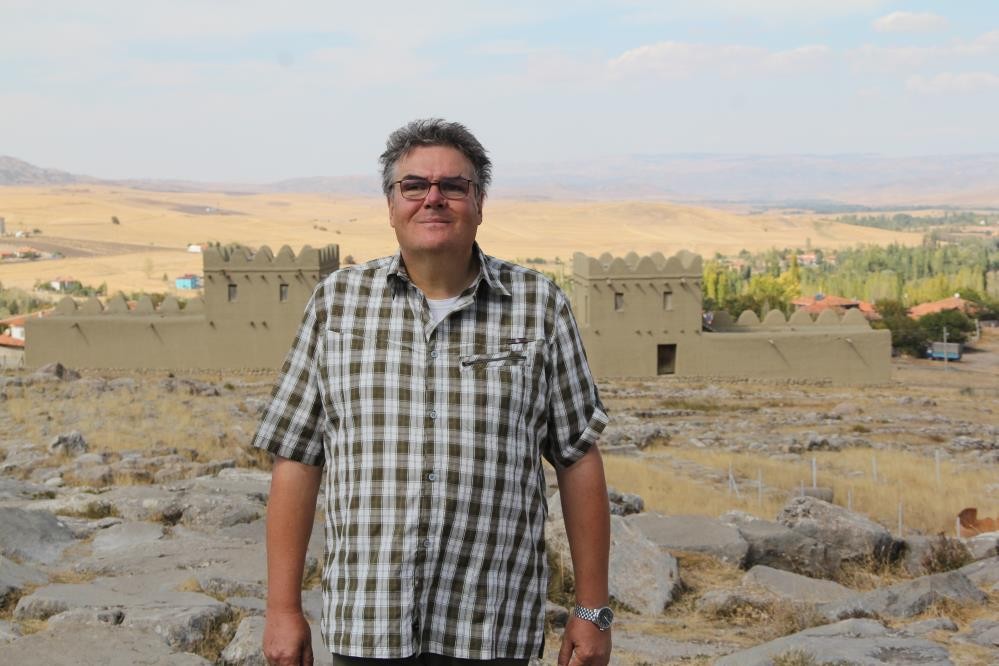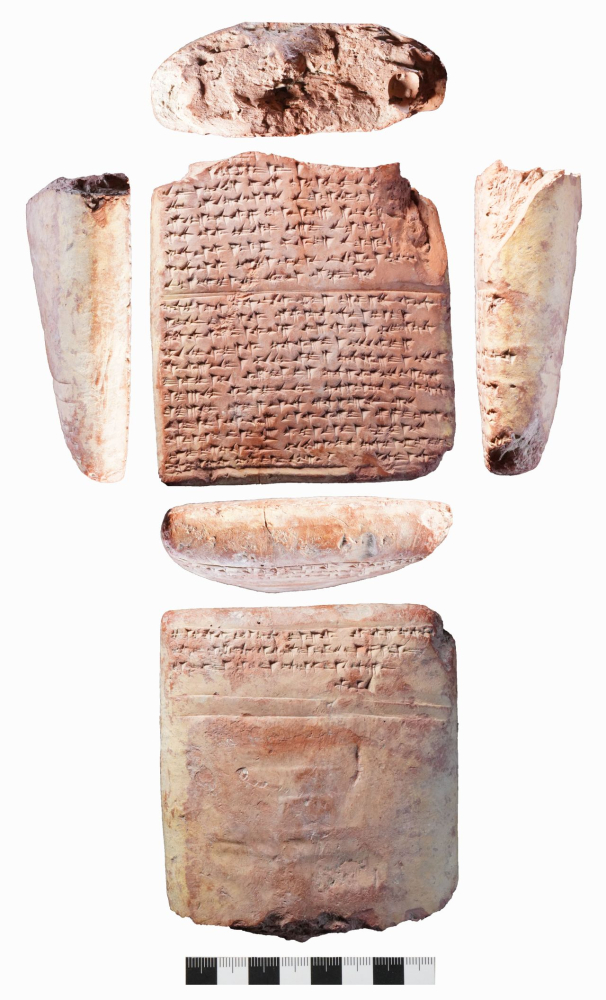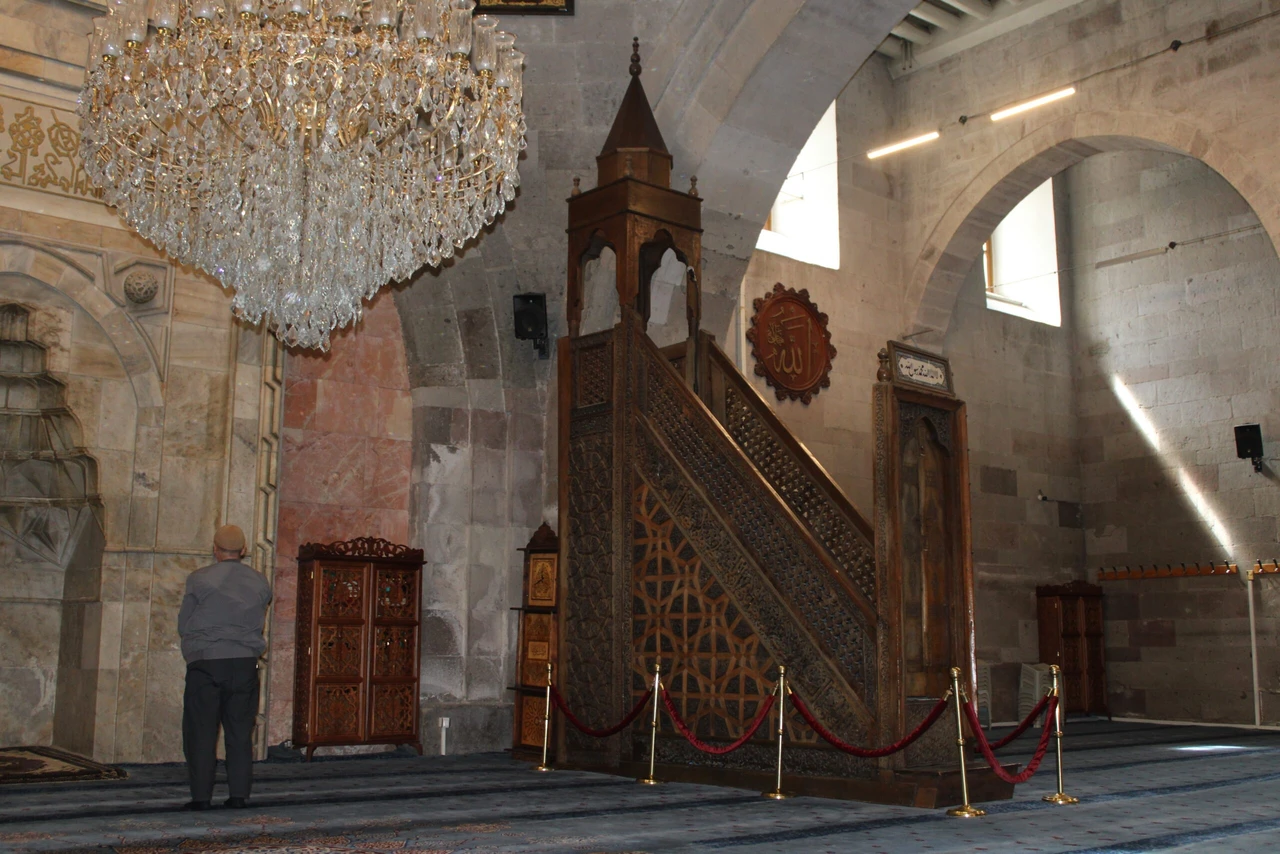Ancient mystery solved: Lost Anatolian language ‘Kalashmaca’ deciphered
 Hattusa, in Bogazkoy, Corum, Türkiye, September 2, 2022 (Photo by IHA Photo)
Hattusa, in Bogazkoy, Corum, Türkiye, September 2, 2022 (Photo by IHA Photo)
In a groundbreaking discovery in 2023, archaeologists at Bogazkoy-Hattusa have deciphered the long-lost Anatolian language known as “Kalashmaca.”
This remarkable find, consisting of 174 clay tablets, sheds light on the daily life and cultural practices of the ancient Kalashma people who lived in the Bolu-Gerede region.
Unveiling forgotten tongue
The archaeological team, led by professor Andreas Schachner of the German Archaeological Institute, uncovered the tablets during excavations in Bogazkoy-Hattusa, a site renowned for its rich historical significance.
Despite ongoing excavations for over a century, it was only recently that the existence of this previously unknown language was confirmed.

Collaborative efforts in deciphering
The painstaking work of translating these tablets was undertaken by professor Daniel Schwemer from Wurzburg University and associate professor Metin Alparslan from Istanbul University.
The first step involved converting the cuneiform script into the Latin alphabet. This was followed by a thorough linguistic analysis by experts from Marburg University, including professor Elisabet Rieken and associate professor Ilya Yakubovich.
Insights into multilingual ancient Anatolia
The Kalashmaca tablets provide a fascinating glimpse into a multilingual and multicultural Anatolia around 2000 B.C.
They contain records of everyday activities, celebrations, and interactions with neighboring regions. “These texts confirm that Anatolia was a diverse and complex society, where people were conversant in multiple languages,” stated Schachner.

Preservation and publication
The tablets are preserved in various museums, including the Istanbul Archaeology Museum, the Museum of Anatolian Civilizations, Corum Archaeology Museum, and the Bogazkoy Museum. Professor Schachner highlighted that the final publication of these texts will be accessible to the public by November, enabling further scholarly research and public interest.
How did Hittites interact with conquered cultures?
The discovery also reveals how the Hittites, known for their empire in Anatolia, adopted and respected the deities of conquered regions, incorporating them into their own pantheon.
“The Hittites believed that the gods of Kalashma would not understand the Hittite language, so they paid homage in the native tongue of Kalashmaca,” explained Schachner.
Why is this discovery unique?
What sets this discovery apart is the exceptional preservation of the tablets, allowing a complete and unbroken translation. Schachner noted, “Finding such well-preserved tablets is rare. Usually, we find fragmented pieces, but these tablets were nearly intact.”
This remarkable discovery not only revives a forgotten language but also enriches our understanding of the linguistic and cultural tapestry of ancient Anatolia.



